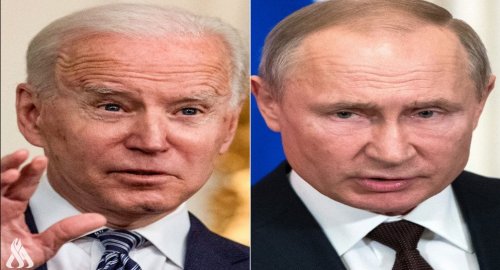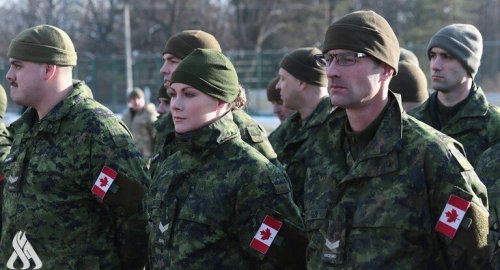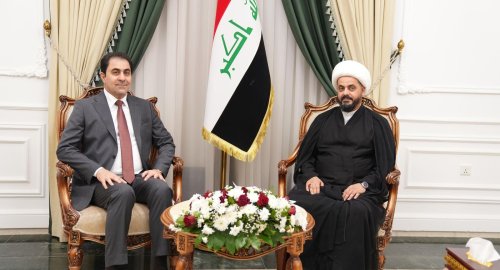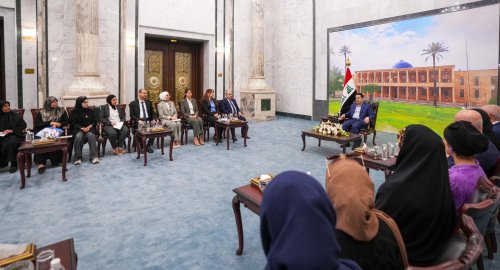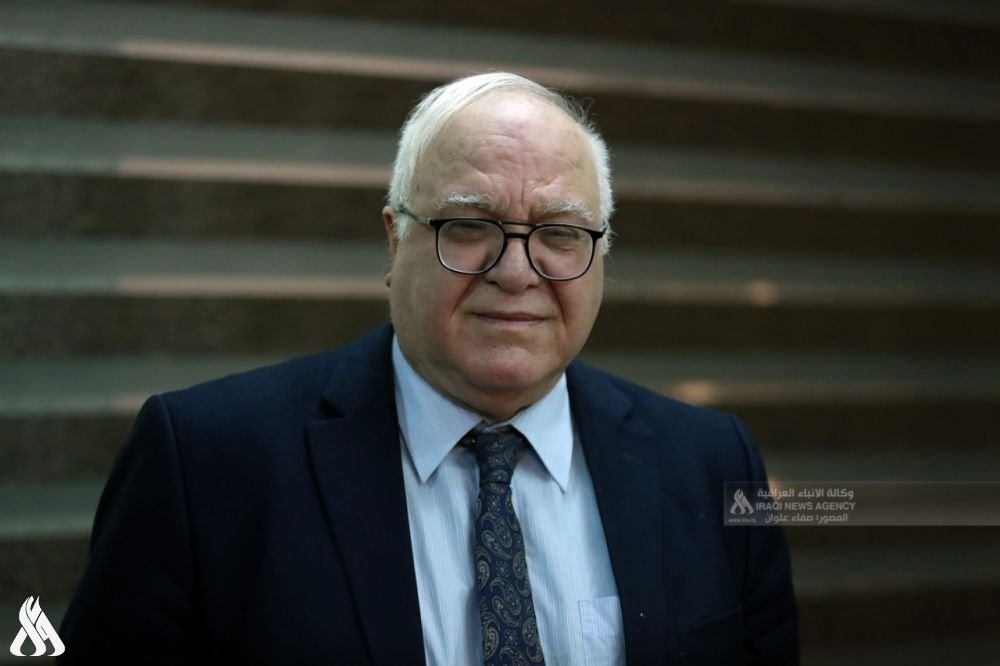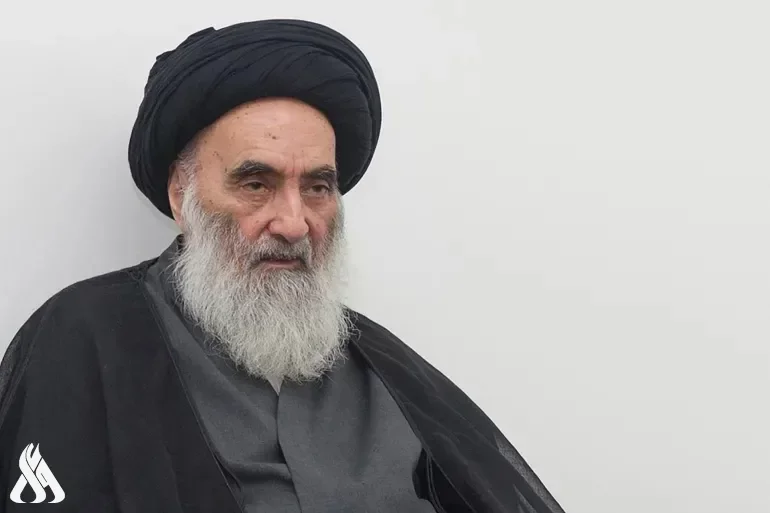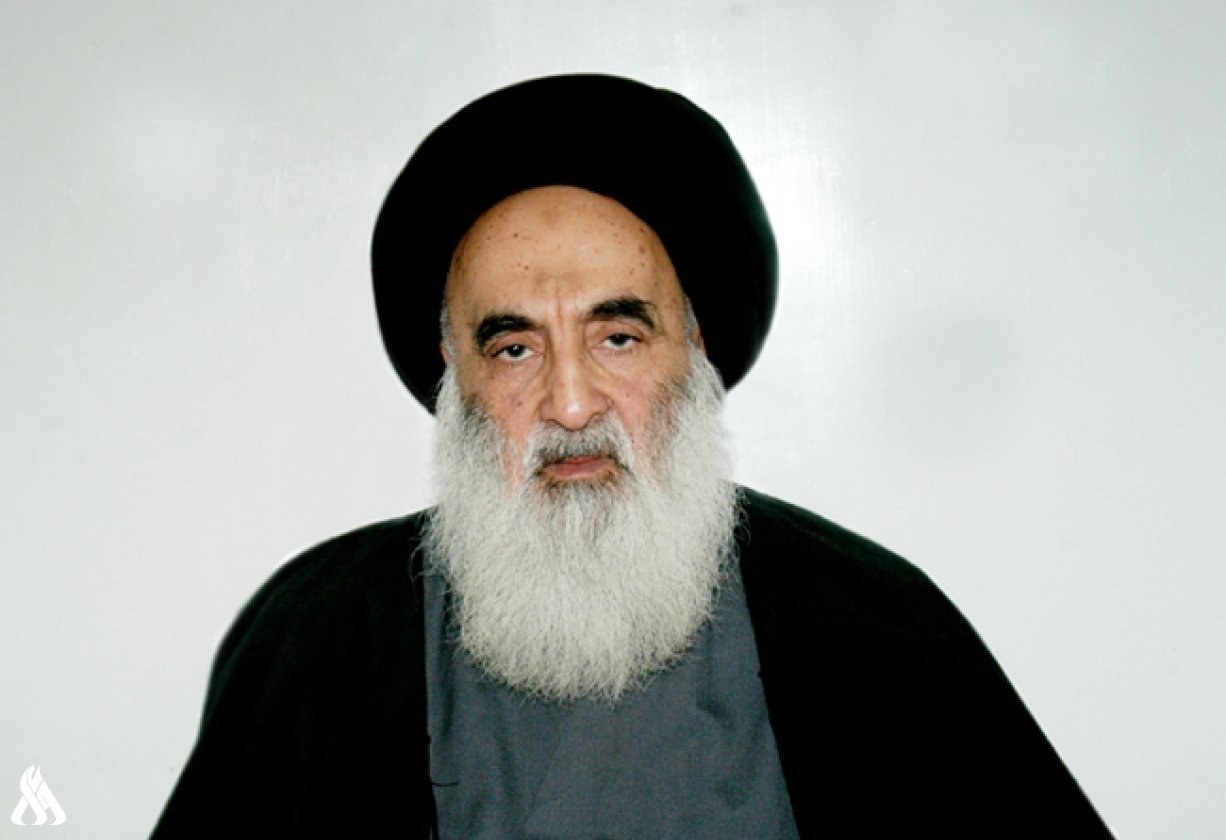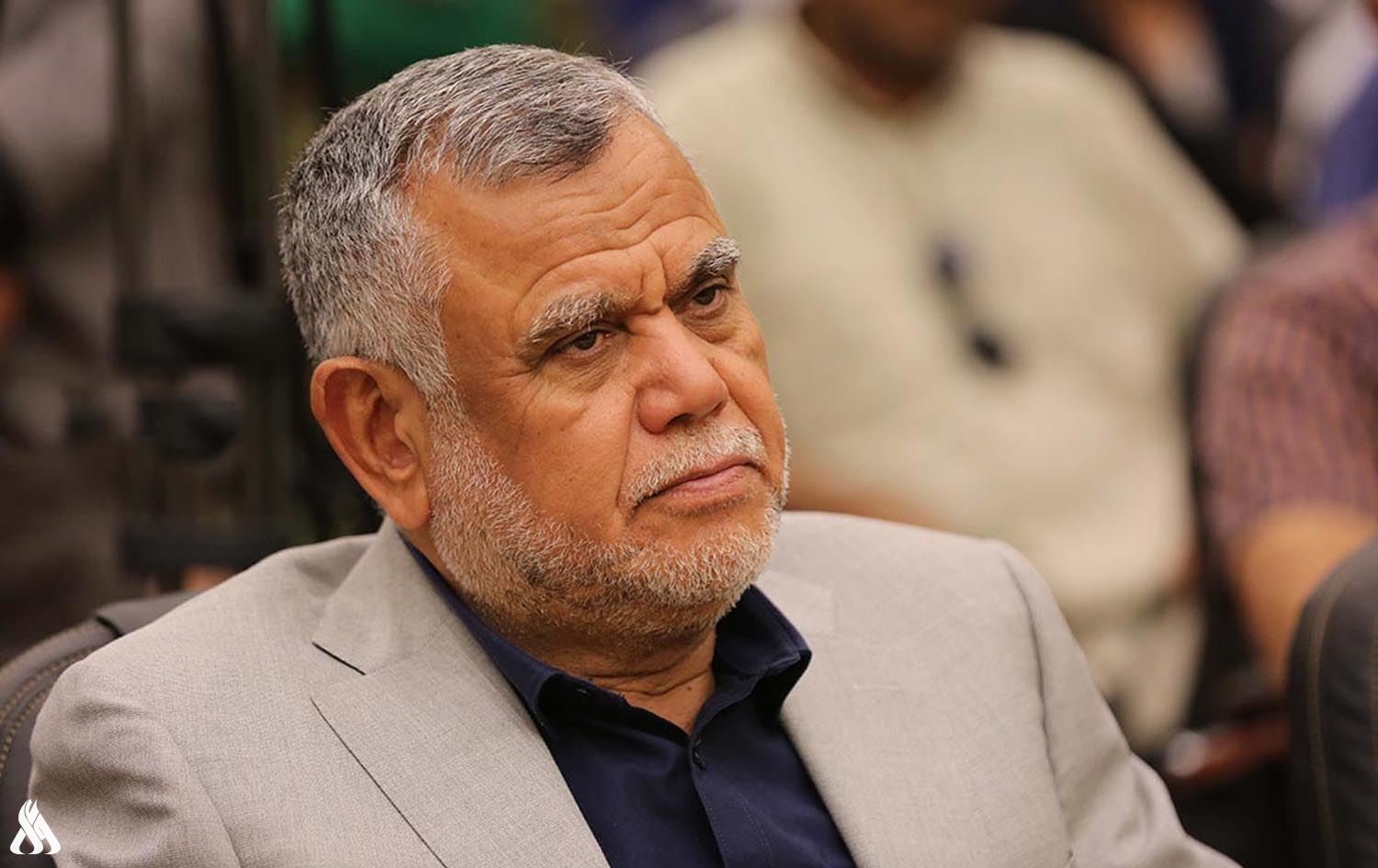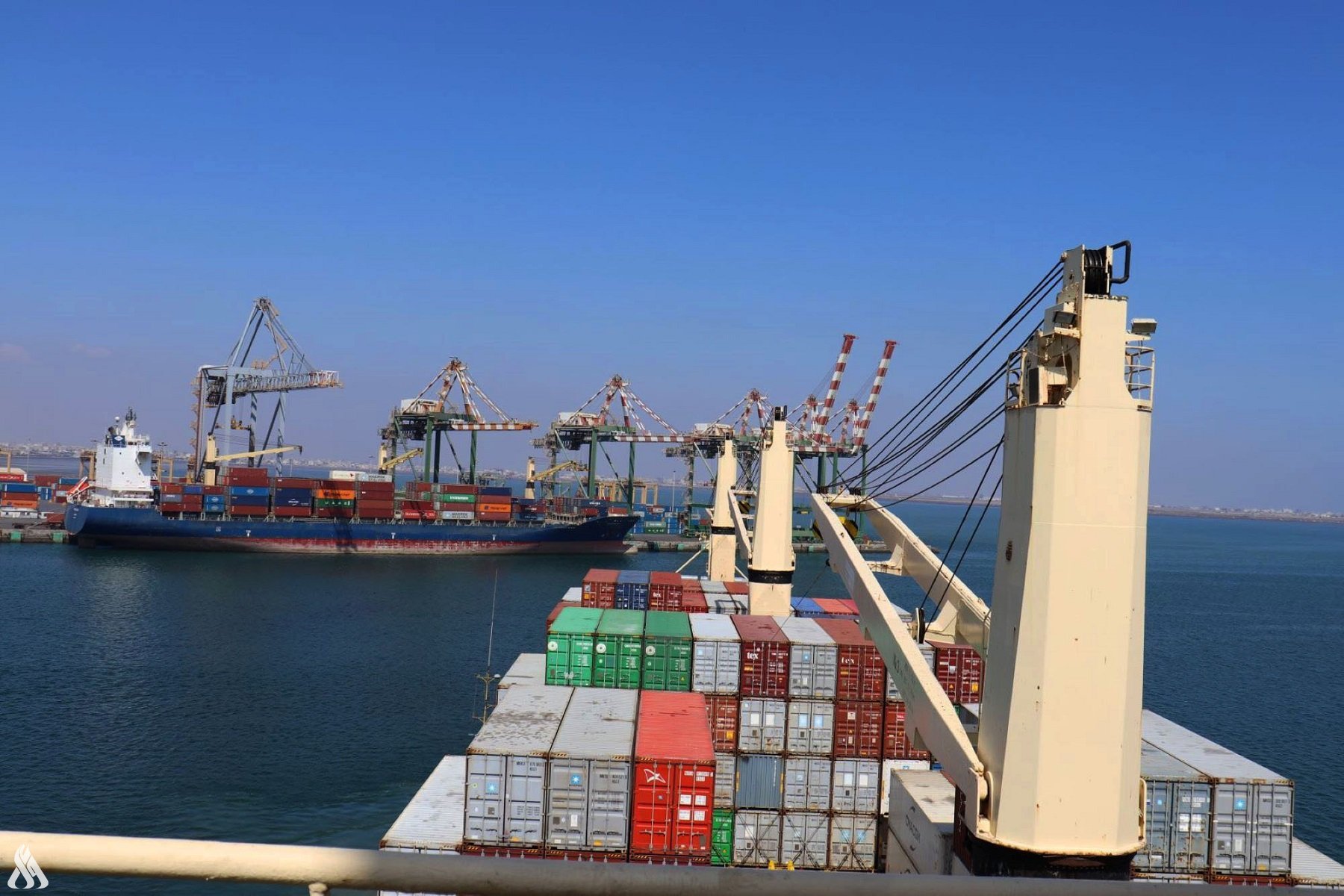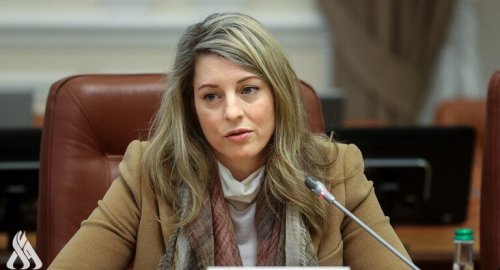
Canada ready to deploy 'vast array' of sanctions against Russia if Putin invades Ukraine: Mélanie Joly

- 22-02-2022, 09:29
INA- sources
Canada has multiple sanctions package containing a “vast array” of increasingly strong measures targeting Russian “people and entities” ready to go on “day one” if Russia invades Ukraine, says Foreign Minister Mélanie Joly.
In an interview with National Post Thursday, Joly said that Canada has worked with its European and North Atlantic Treaty Organization (NATO) allies to develop a set of “compounded” sanction packages against Russia.
That means some would be triggered immediately with a Russian invasion, and additional and stricter sanctions could be imposed if Russia continues to escalate the aggression after that.
“Our sanctions package is ready. We’ve worked with the U.S., we’ve worked with the U.K., we’ve worked with Australia as well and we’ve been sharing information with the E.U.,” Joly said in an interview with National Post Thursday.
“We wanted to make sure that we were acting in lockstep, but also in a compounded manner, because day one will be able to announce sanctions, but there will be others that will continue” to be announced if Russia does not retreat or increases its aggression.
Joly declined to detail what the sanctions packages contained but noted that there was a “vast array” of tools that targeted a host of Russian individuals and organizations. She confirmed the tool box included “Magnitsky-like” sanctions, which involve the seizing of assets and travel bans on specific individuals.
But she insisted that there is still a “route to diplomacy” to prevent a Russian invasion, and that is why she was leaving for a five-day trip to Germany and France on Thursday evening to attend the Munich Security Conference as well as meet with her French counterpart to discuss Ukraine’s safety.
She described the current uncertainty surrounding a potential Russian invasion as an “overall fog of war.”
Joly’s comments come as U.S. Secretary of State Antony Blinken told the United Nations Security Council that Russia was preparing an invasion “in the coming days.”
He also detailed multi-step process that Russian President Vladimir Putin could use to launch the attack, including staging false flag operations.
Those could include a “fabricated so-called terrorist bombing inside Russia, the invented discovery of the mass grave, a staged drone strike against civilians, or a fake, even a real, attack using chemical weapons,” he said.
Already on Thursday, Ukrainian forces accused Russian-backed rebels of being behind shelling in Eastern Ukraine, including one that destroyed a then-empty kindergarten.
Joly said Canada has a “similar” assessment of the situation, gleaned from information shared through the Five Eyes intelligence network that also includes the U.S., the U.K., Australia and New Zealand.
“There is no provocation on the part of Ukraine and the West. Russia is clearly putting into place false flag operations and is looking for a pretext” to invade Ukraine, Joly said.
“I’m very concerned. And that’s why I’ve been saying that threat is real, and imminent,” she added. “That’s why I’ve been saying to people that are in Ukraine, Canadians that are in Ukraine, ‘get out now,’ ” she added.
She says her goal during her trip to Europe this weekend is to do “everything possible” to get to a peaceful solution with Russia and ensuring there is no “further invasion.”
“Whether we’ll be able to achieve it or not is whether Russia is willing to sit down and at the same time de-escalate,” she noted.
The minister also admitted that Canada was rebuilding its reputation on the international stage after losing clout since the crisis in Afghanistan last summer. The country fell back to the Taliban at astounding speed as U.S. forces retreated, leaving a number of Canadian Armed Forces interpreters and their families stranded.
“I’m happy that Canada has started to become more relevant again. I find that we had lost a lot of diplomatic power, especially on security issues,” Joly said.
France: Europe will respond proportionately to tariffs
- Economy
- 09:19
Al-Mandalawi Meets Sheikh Al-Khazali
- politics
- 08:59
Gaza Health Ministry Announces New Death Toll for Zionist Aggression
- International
- 06:04
Al-Sistani: Tomorrow, the 29th of Ramadan
- Local
- 25/03/29
Al-Amiri warns of any war between Iran and the US
- politics
- 25/04/01
